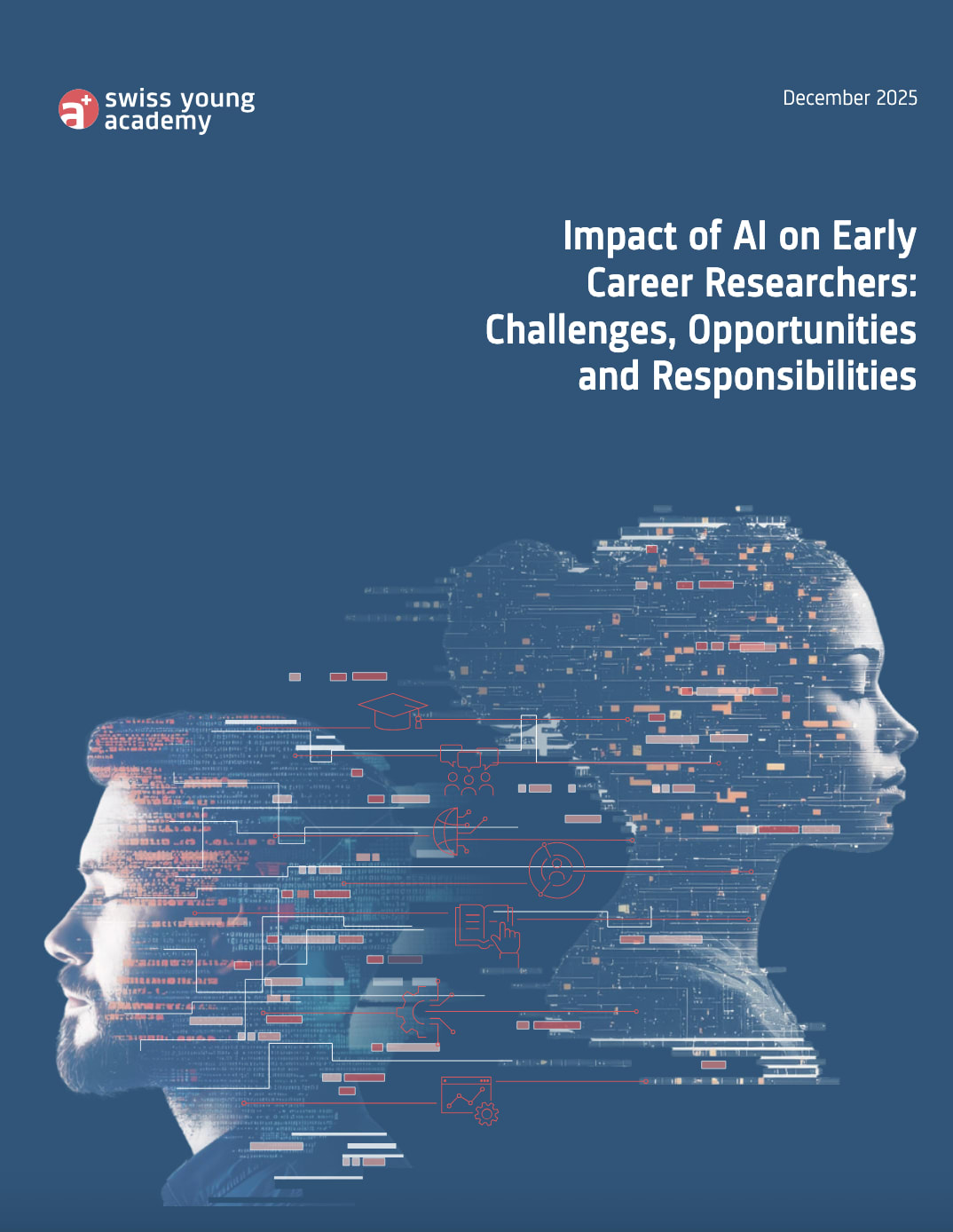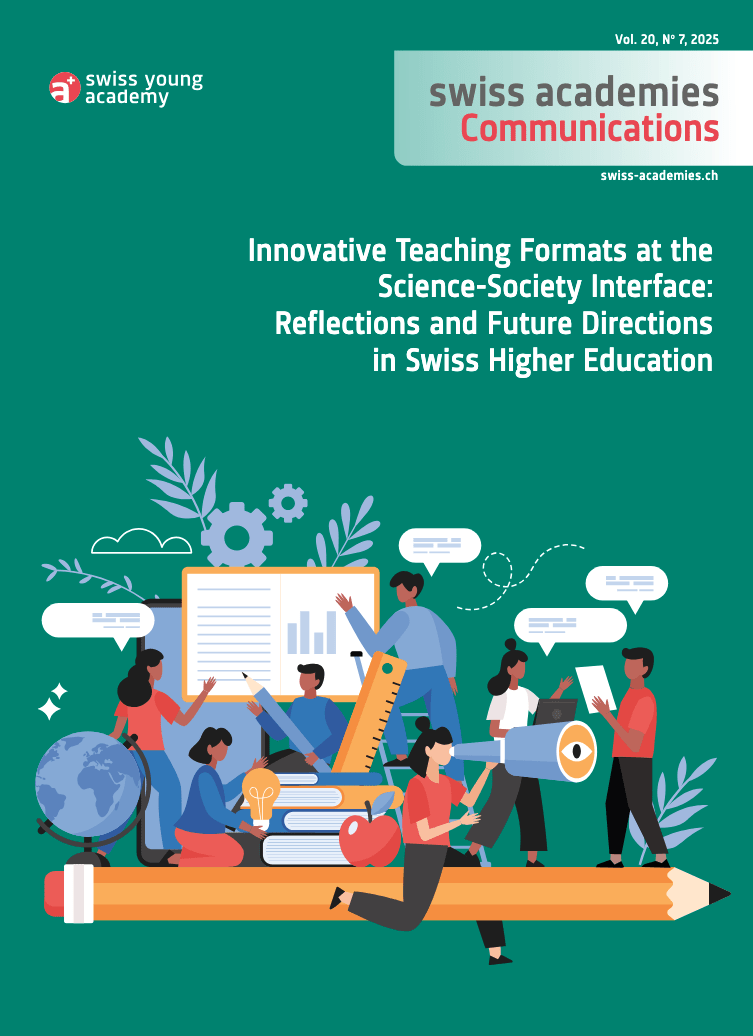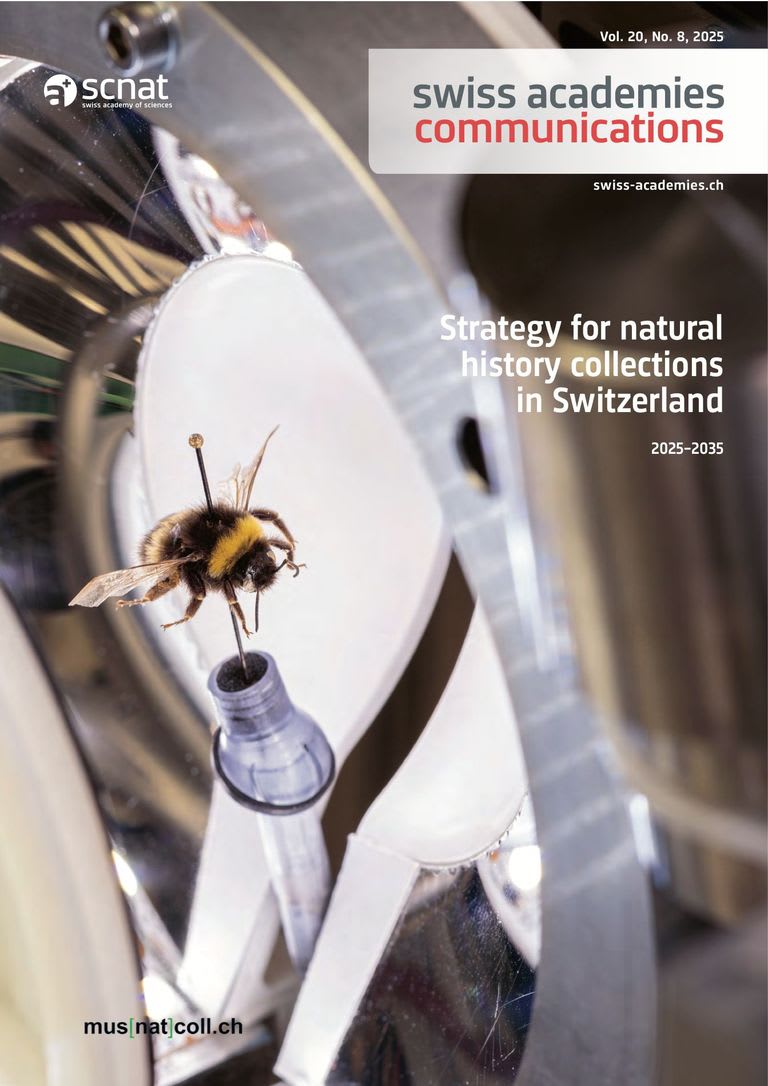Swiss Academies of Arts and Sciences
One Health governance in the European Union
One Health sees human, animal and environmental health as a single system. Two reports within the framework of the EU Science Advice Mechanism propose EU policy measures for One Health, such as improving the coherence of EU policy, strengthening education and training and increasing support for research and innovation in this area.
The scientific review was written by renowned researchers from the academies' consortium SAPEA (Science Advice for Policy by European Academies). The policy recommendations based on this were drafted by the Group of Chief Scientific Advisors for the attention of the EU Commissioner for Health and Food Safety. Both reports emphasise the relationships between mental health, physical health and social conditions as well as the need for interdisciplinary research into human behaviours that affect One Health, e.g. wildlife trade, farming practices, water management and vaccination acceptance.
Jakob Zinsstag, researcher at the Swiss Tropical and Public Health Institute in Basel with several engagements at the Swiss Academies and co-chair of the SAPEA working group, says: «Europe should actively support regional, local, and global efforts, promoting the sharing of best practices and integrating a One Health perspective in education, professional training, and public awareness».




